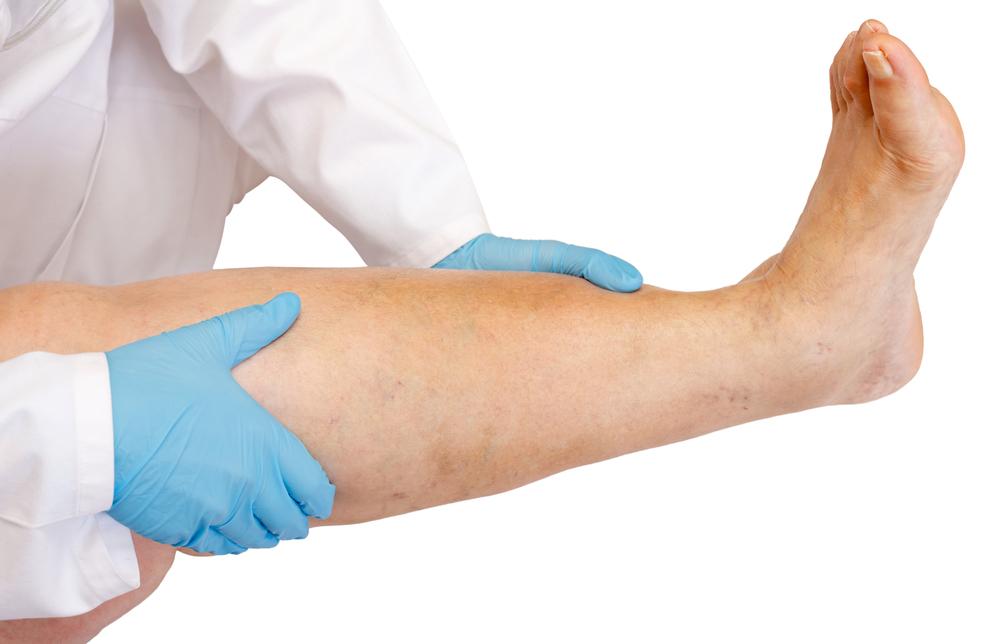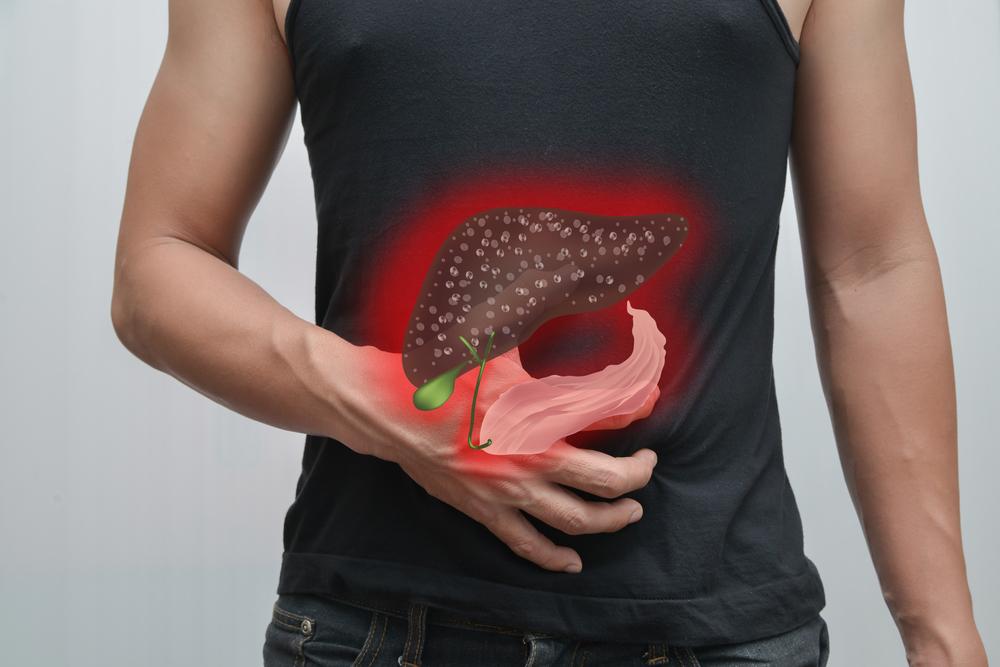Understanding Parasitic Infections: Symptoms, Diagnosis, and Treatment Strategies
This article offers an in-depth overview of parasitic infections, highlighting common symptoms like digestive issues, skin reactions, and fatigue. It discusses diagnostic tests and various management options, including medications, natural remedies, and preventive measures. Emphasizing the importance of hygiene and safe practices, it aims to educate readers on effectively recognizing and addressing parasitic diseases to promote better health outcomes.

Understanding Parasitic Infections: Symptoms, Diagnosis, and Treatment Strategies
Parasitic organisms live on or inside a host, often humans, drawing nourishment to reproduce and causing infections. These organisms are mainly categorized into protozoa (single-celled), helminths (worms), and ectoparasites. Parasitic diseases are especially prevalent in tropical and subtropical regions due to favorable climates, affecting millions worldwide.
Typical signs and symptoms
Parasites can inhabit various body parts, impacting numerous organs. Common symptoms include gastrointestinal issues, skin problems, and fatigue.
Digestive disturbances
Unexplained nausea, bloating, diarrhea, or constipation may suggest a parasitic infection.
Bloating
Gas buildup causes the abdomen to swell visibly. While often linked to digestive issues, parasitic infections can also cause stomach distension, signaling a serious problem requiring prompt diagnosis.
Persistent hunger
Feeling unsatisfied after meals can result from parasites like tapeworms that feed on ingested nutrients, leading to weight loss and ongoing hunger despite regular eating habits.
Chronic fatigue
Ongoing tiredness may result from malabsorption of vital vitamins and minerals due to parasite activity, increasing risk of anemia and weakness.
Itching and skin issues
Skin parasites can cause itching, rashes, and allergic responses, potentially leading to chronic conditions if untreated.
Muscle and joint pain
Parasites invading muscle tissue can trigger inflammation, resulting in pain, reduced mobility, and joint discomfort.
Diagnostic procedures
Medical professionals use fecal tests, blood work, imaging scans like CT or MRI, and specialized tests such as the tape test or colonoscopy to identify parasitic infections, depending on the case severity.
Treatment options
Managing parasitic infections depends on the type and location of parasites and may involve medications, surgery, or natural remedies.
Medications
Antiparasitic drugs target specific infections such as giardiasis, amoebiasis, tapeworms, or toxoplasmosis, often prescribed based on the parasite involved and infection site.
Combined therapies
Doctors might recommend topical treatments for skin parasites alongside oral medications for comprehensive management.
Surgical intervention
In rare cases, removing cysts or larvae physically may be necessary, especially for infections affecting vital organs.
Alternative and home remedies
Some practitioners suggest herbal and homeopathic approaches to eliminate parasites and prevent recurrence, including natural cleanses and dietary adjustments.
Natural parasite cleansing
Using herbal supplements like wormwood, pumpkin seeds, garlic, and other natural remedies can help control minor infections and support immune health.
Dietary modifications
Eating fiber-rich foods, boosting vitamin C and zinc intake, and including certain natural antiparasitic foods like papaya seeds or probiotics can reduce the risk of infection.
Preventive measures
Practicing proper hygiene, avoiding contaminated food and water, wearing protective clothing, and minimizing exposure to unsanitary environments significantly decrease infection risk.










